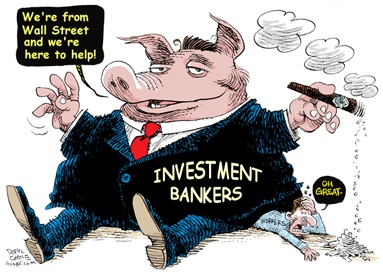Ray Hutchison, husband of Sen. Kay Bailey Hutchison plays a vital role in "Good Ol' Boys' Club."
(But Rick Perry still beats Kay Bailey Hutchison hands down in cronyism and corruption : [LINK HERE])
8/6/09
by Tom McGregor
DallasBlog
Copyright 2009
Dallas County Commissioner John Wiley Price had castigated the North Texas Tollway Authority (NTTA) last Tuesday over allegations that this agency pursues "racist" policies by awarding over 95% of its contracts to white-owned-and-operated contractors. The Dallas Blog exclusively asked for his opinion on this disparity and he responded that the NTTA runs a "Good Ol' Boys' Club."
Apparently, Ray Hutchison, husband of Sen. Kay Bailey Hutchison (R.-Tx.), plays a vital role for this "Good Ol' Boys' Club."
"On March 27, 2007, the Commissioners' Court of Collin County, Texas, met in regular session," according to official-on-the-record documents. The Court addressed numerous issues, including the construction of a toll road that would run through Denton and Collin counties.
Item No.3 (pg. 3) stated: "Private Activity Bonds for the SH 121 project, Commissioners' Court. Ray Hutchison and Ben Brooks, bond counsel with Vinson & Elkins, LLP, stood to offer insights on the situation with TxDOT (Texas Department of Transportation) and the process of receiving privatization applications to make a section of Hwy 121 going through both Collin and Denton Counties a toll road. TxDOT had asked Vinson & Elkins to contact Collin County. A discussion followed on the pros and cons, what is involved in bond rating, NTTA (North Texas Tollway Authority) non-involvement rate of profit, and financial oversite."
Mr. Hutchison works full-time for Vinson & Elkins earning a substantial salary there. TxDOT and NTTA coordinate to build toll roads in the North Texas region. Yet, the NTTA recently earned notoriety for flagrantly hiring very few minority contractors.
The Fort Worth Star-Telegram reports that, "the report on the authority's contracting prepared by Mason Tilman Associates found significant disparities in the dollars awarded to contractors owned by women, African-Americans and Hispanics, particularly for contracts less than $500,000. It covered contracts awarded for architecture, construction, engineering and other professional services.
Tmcgregordallas@yahoo.com
© 2009 DallasBlog: www.dallasblog.com
To search TTC News Archives click
To view the Trans-Texas Corridor Blog click









